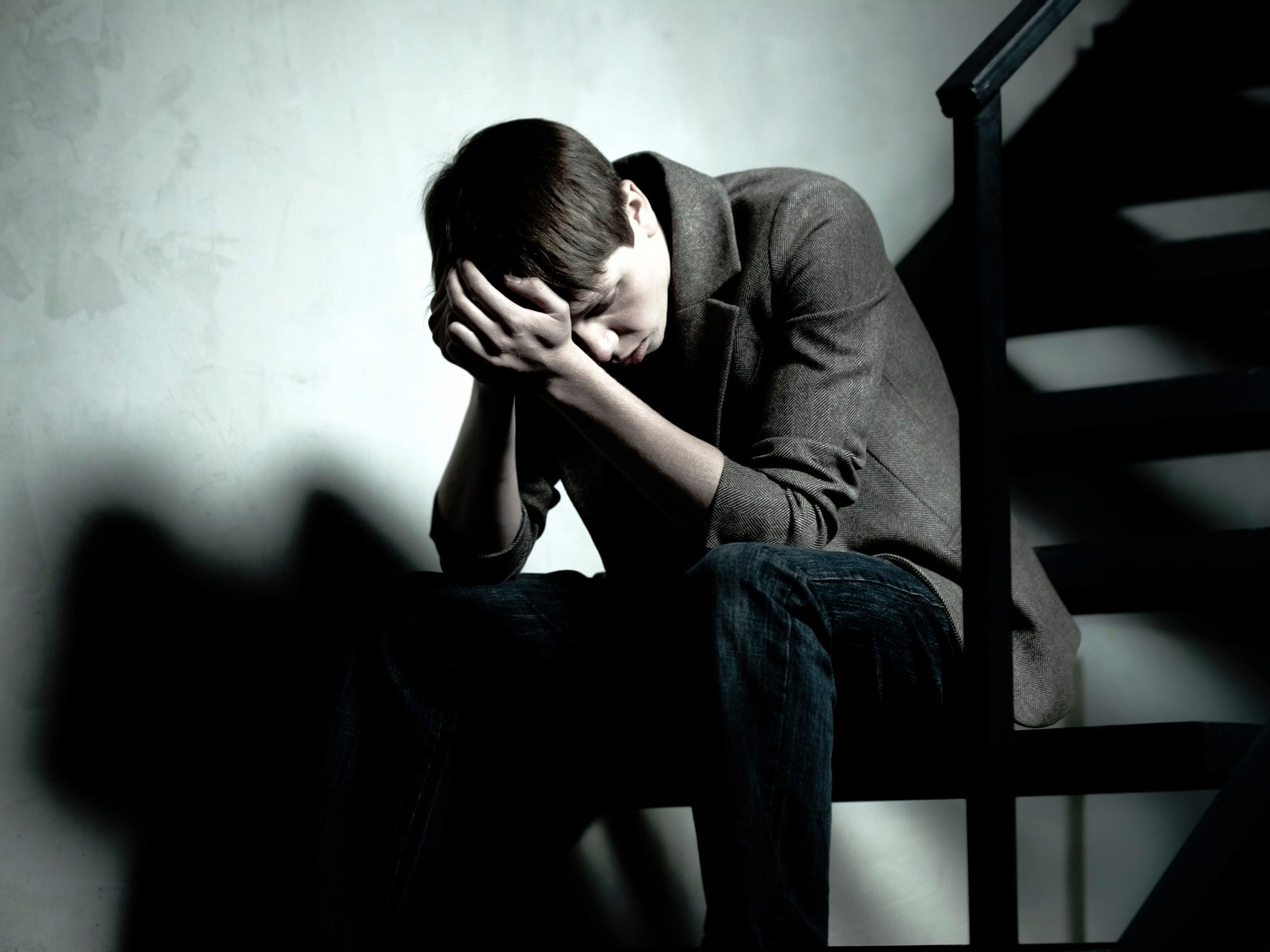Increasing levels of suicide among men are linked to austerity
The social impact of recession lasts a lot longer than financial impact

More men are taking their own life than at any time since 2001, with the highest suicide rates occurring in deprived areas amid growing evidence of the link between austerity and suicide.
Figures published by the Office for National Statistics (ONS) revealed that 6,233 people aged over 15 killed themselves in 2013, a 4 per cent increase on the previous year. The male suicide rate was more than three times higher than the female rate, with 19 deaths per 100,000 people, compared with 5.1 for women.
While female suicide rates have remained stable, the male rate was the highest in 12 years. Men aged between 45 and 59 had the highest rate of suicide at 25.1 per 100,000.
In Wales, 26 men in every 100,000 took their life, and in the North-east – where ONS statistics also reveal an unemployment rate of more than 10 per cent – 22 men per 100,000 killed themselves. London had the lowest overall suicide rate at 7.9.
The most common method of suicide in 2013 was hanging, strangulation or suffocation, which accounted for 56 per cent of male and 40 per cent of female suicides.
The ONS reported that analysis of annual suicide rates “suggested that the recent recession in the UK could be an influencing factor in the increase in suicides” as areas with greater rises in unemployment also experienced high rises in male suicides.
Dr Carl Walker, a Brighton University psychologist and founder of the campaign group Psychologists Against Austerity, said Government cuts were affecting the mental wellbeing of people in deprived areas.
“There is a tendency to understand mental health as solely a personal or public health issue, but these are political issues,” he said. “There is a clear link between, not just unemployment, but poor employment and underemployment, and suicide and a range of mental health problems.”
A review by the Samaritans, in 2012, found that middle-aged men in lower socio-economic groups were at high risk of suicide. Unemployed people are up to three times more likely to die by suicide than those in work, and suicide rates increase during recession.
Joe Ferns, executive director of policy at the Samaritans, said: “The degree of economic uncertainty – the challenges that people have now and the impact that has on a family relationship, that people are under more pressure, that people have less resources to deal with the problems that they have – has to contribute to the environment in which we’ll see an increase in suicide. The social impact of economic recession lasts a lot longer than the financial impact.”
He called for everyone to take responsibility for preventing suicide. “It’s not just about leaving this to the health service. You have got to get all parts of government and all parts of society to think about what they can be doing.”
A Government spokesperson said: “Suicide is a tragic, sensitive and complex issue. Our suicide prevention strategy is backed by £1.5m funding for research, and we’ve set a zero suicide ambition to tackle the assumption that some suicides are inevitable.”
Anyone in need of confidential support can contact the Samaritans in the UK 24 hours a day on 08457 90 90 90.
Bookmark popover
Removed from bookmarks